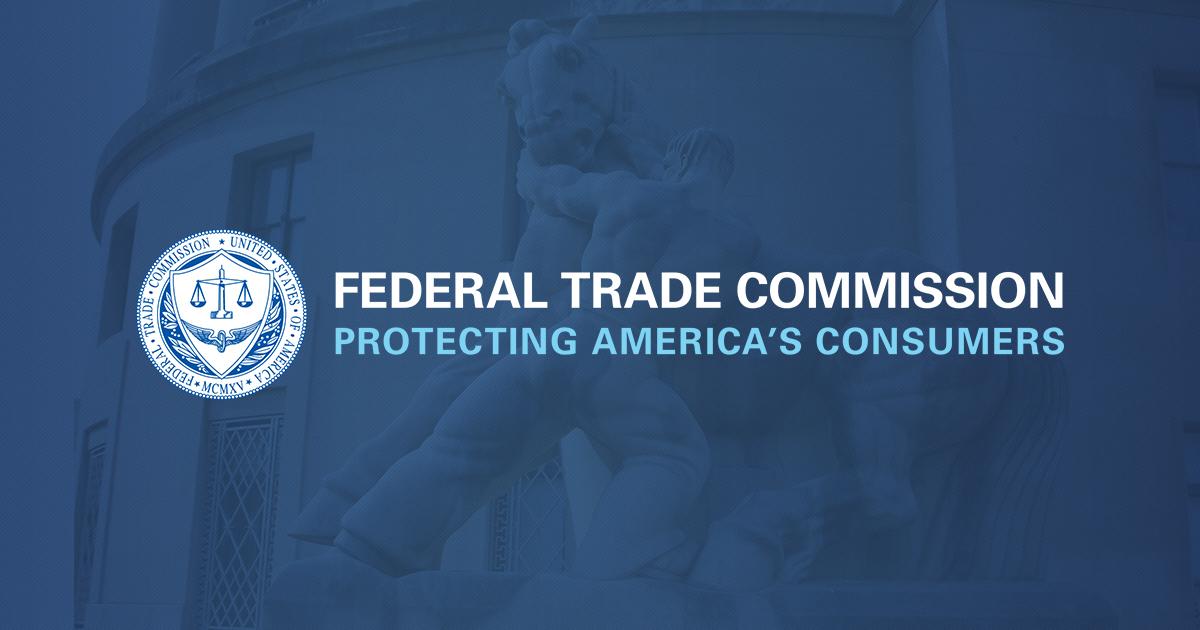The Federal Trade Commission today adopted revisions to the agency’s Rules of Practice.
Changes to Part 3 return to the approach of an earlier rule that automatically suspends administrative litigation, upon respondents’ request, after the FTC’s request for a preliminary injunction in the matter has been denied. With this rule update, the Commission is reiterating its commitment – set out in a 1995 Policy Statement – to consider the specific circumstances of each case when deciding whether it would be in the public interest to continue pursuing administrative litigation. The Commission is also making technical corrections to other rules in Part 3.
Under other revisions announced today to the Rules of Practice:
Changes to Part 2 – which governs the FTC’s investigatory procedures – add the director and deputy director of the Office of Policy Planning to the list of FTC officials who have the authority to modify the terms of compliance with compulsory process because of that Office’s frequent role in conducting studies that involve the use of process. The Commission is also extending by 10 days its deadline for disposing of petitions to limit or quash compulsory process.
Changes to Part 4 – which addresses, among other things, the public’s accessibility to public records – reflect the FTC’s updated procedures for responding to public record requests, now that many of its documents are available on the agency website. The changes also implement technical revisions to the rule governing Freedom of Information Act requests and to the FTC’s Privacy Act rule.
The rule changes will be published shortly in the Federal Register, and will take effect at that time.
The Commission vote to issue the Federal Register Notice announcing these revisions to its Rules of Practice was 5-0. (FTC File No P072104); the staff contact is Lisa Harrison, Office of the General Counsel, 202-326-3204.)
The Federal Trade Commission works for consumers to prevent fraudulent, deceptive, and unfair business practices and to provide information to help spot, stop, and avoid them. To file a complaint in English or Spanish, visit the FTC’s online Complaint Assistant or call 1-877-FTC-HELP (1-877-382-4357). The FTC enters complaints into Consumer Sentinel, a secure, online database available to more than 2,000 civil and criminal law enforcement agencies in the U.S. and abroad. The FTC’s website provides free information on a variety of consumer topics. Like the FTC on Facebook, follow us on Twitter, and subscribe to press releases for the latest FTC news and resources.

